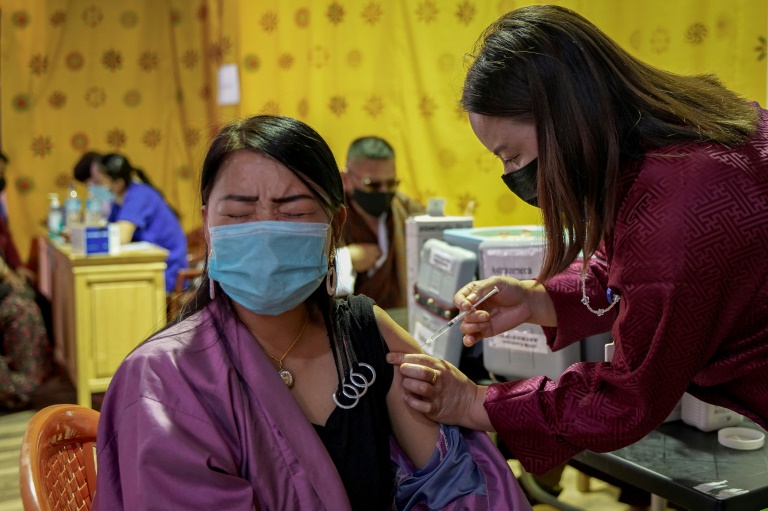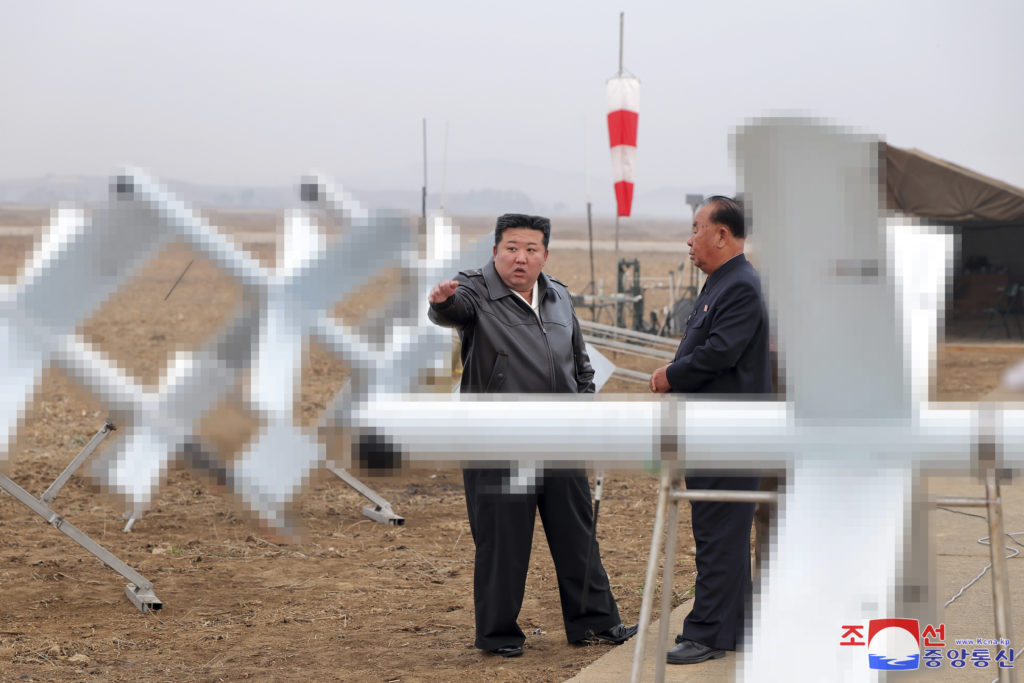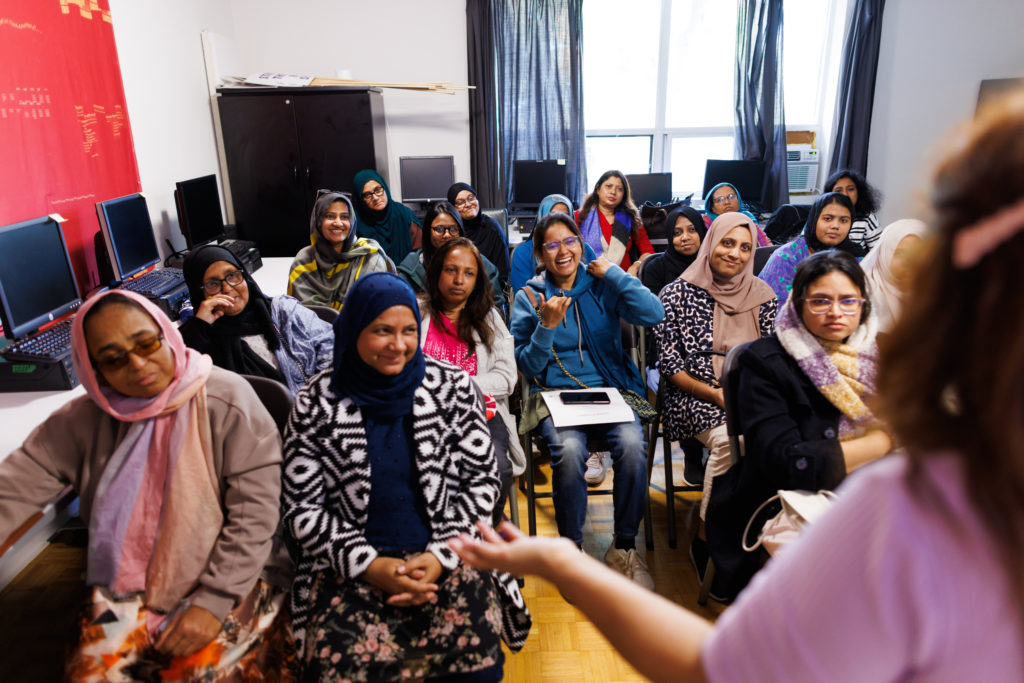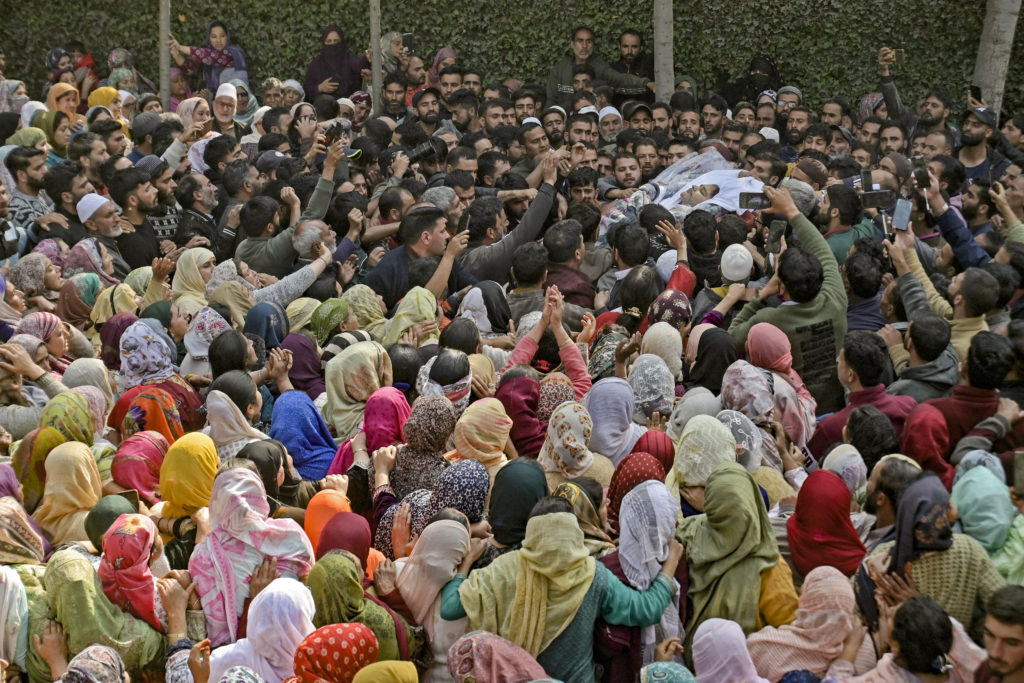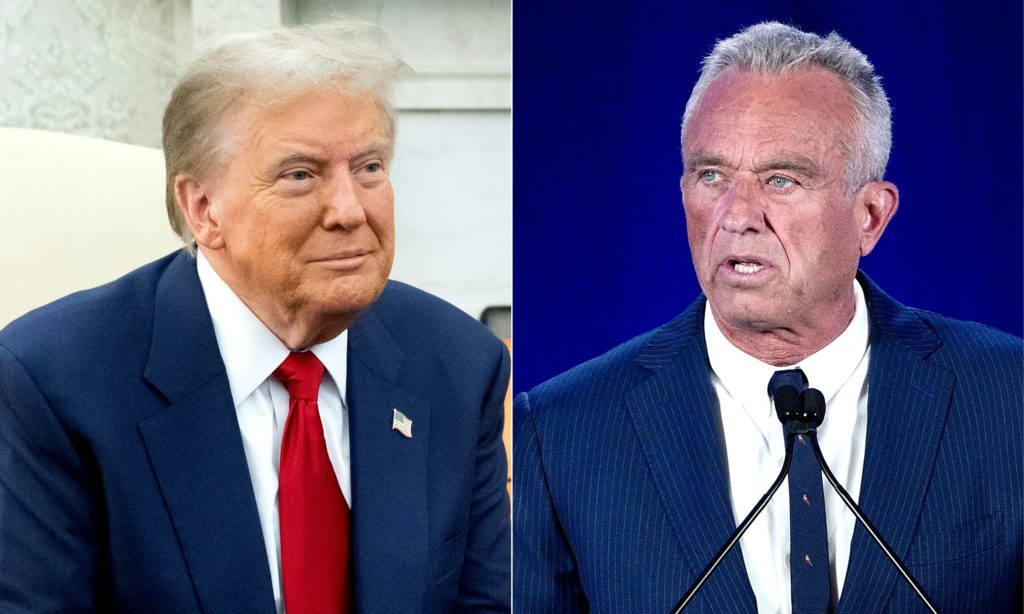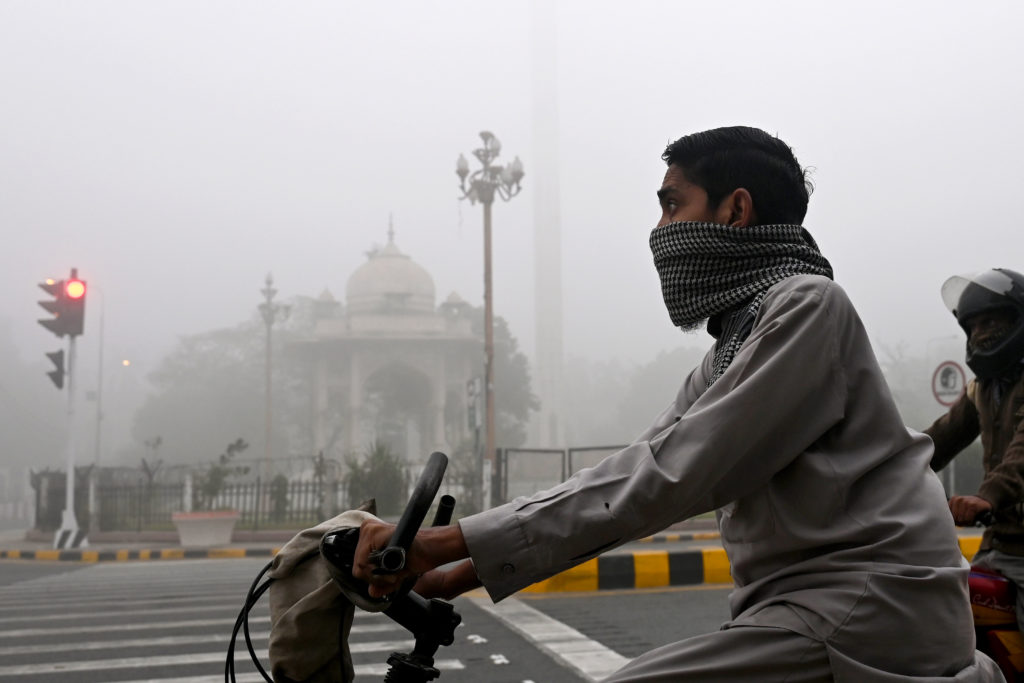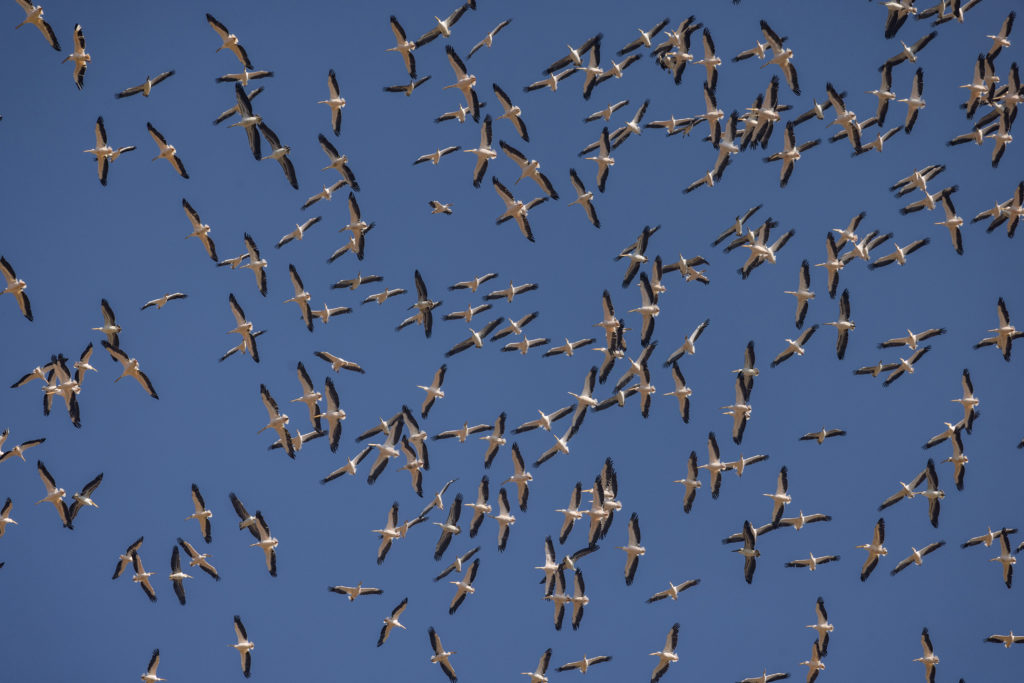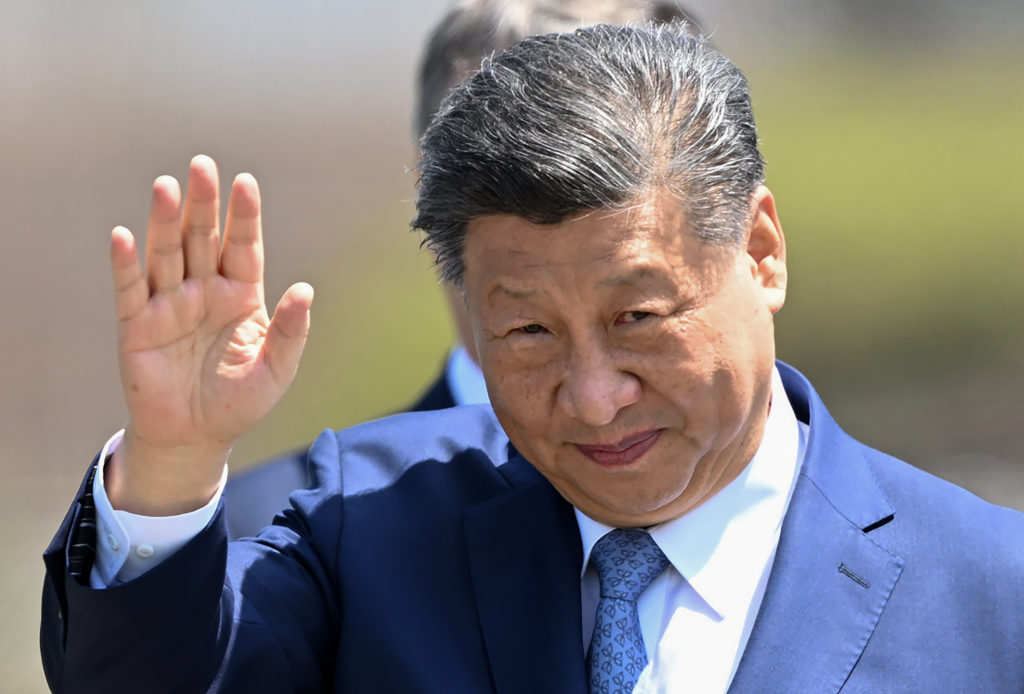Bhutan has inoculated most of its eligible population with second doses of Covid-19 vaccinations in a week, in a speedy rollout hailed by UNICEF on Monday as a “success story” for international donations.
More than 454,000 shots were administered over the past week in the remote Himalayan kingdom — just over 85 percent of the eligible adult population of more than 530,000 people — after a recent flood of foreign donations.
UNICEF’s Bhutan representative, Will Parks, hailed the ambitious vaccination drive as a “great success story for Bhutan”.
“We really need a world in which the countries which have surplus vaccines really do donate to those countries that haven’t received (shots) so far,” he told AFP in the capital Thimpu.
“And if there’s anything that I hope the world that can learn, is that a country like Bhutan with very few doctors, very few nurses but a really committed king and leadership in the government mobilising society — it’s not impossible to vaccinate the whole country.”
The tiny nation had quickly used up most of the 550,000 AstraZeneca jabs donated by India in late March and early April for first jabs, before the neighbouring country halted exports over a massive local surge in infections.
Faced with a growing time gap between first and second doses, Bhutan launched an appeal for donations.
Half a million Moderna doses donated by the United States via Covax — the distributor backed by the World Health Organization and the Gavi vaccine alliance — and another 250,000 AstraZeneca shots from Denmark arrived in mid-July.
More than 400,000 AstraZeneca, Pfizer and Sinopharm shots are also expected to arrive in the South Asian nation of 770,000 people from Croatia, Bulgaria, China and several other countries.
The government has meanwhile bought 200,000 Pfizer doses that are expected to be delivered later this year.
Bhutan, wedged between India and China and famous for measuring gross national happiness, has reported just under 2,500 Covid-19 infections and two deaths so far.
The country’s rapid roll-out of jabs stands in contrast with other South Asian nations, which have also been hit by India’s suspension of vaccine exports.

